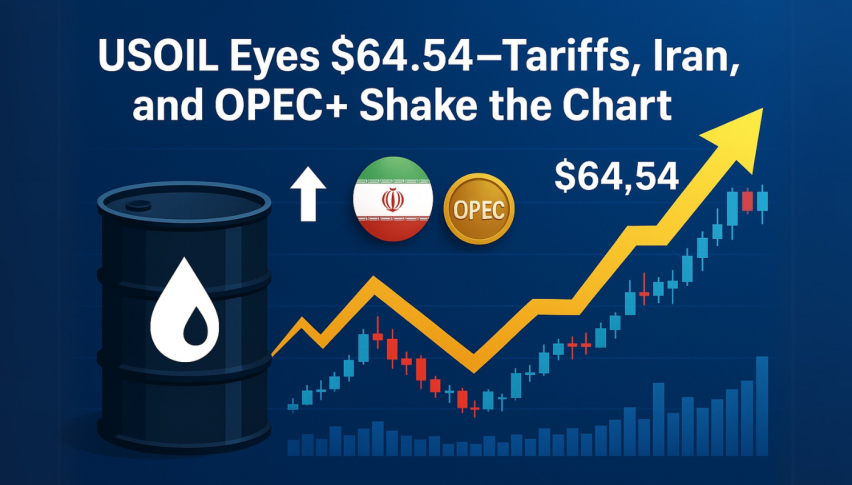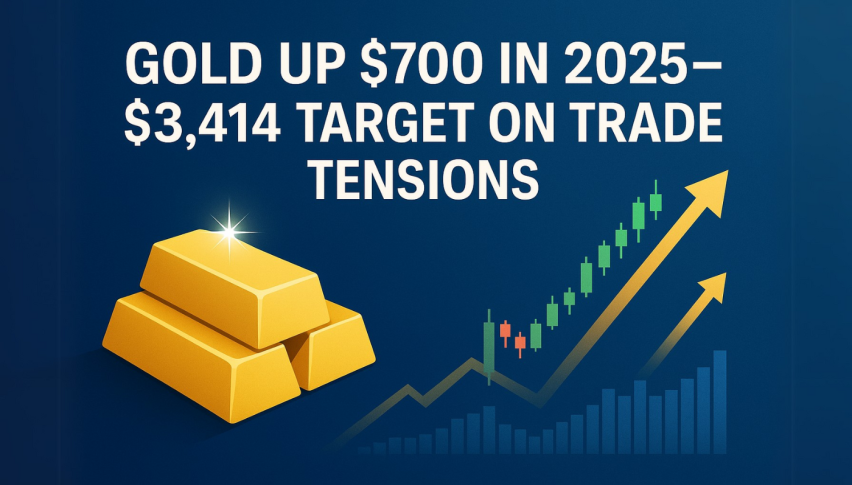Oil Prices Fall Amid Concerns Over Demand in China
Chinese refinery production fell 3.7% in June compared to the previous year.

Chinese refinery production fell 3.7% in June compared to the previous year, marking the third consecutive month of decline due to scheduled maintenance. Additionally, reduced margins and weak fuel demand forced independent plants to cut production.

Oil prices fell on Monday as concerns over demand from the top importer, China, offset support from OPEC+ supply constraints and ongoing tensions in the Middle East.
Brent futures dropped 18 cents, or 0.21%, to $84.85 a barrel, while U.S. West Texas Intermediate (WTI) crude futures fell 30 cents, or 0.36%, to $81.91 a barrel. Chinese refinery operation and crude import data were not encouraging, but demand growth in other regions remains healthy.
China’s economy grew much less than expected in the second quarter, as the persistent decline in the real estate sector and job insecurity weakened a fragile recovery. This has kept expectations alive that Beijing will need to provide more stimulus.
Chinese refinery production fell 3.7% in June compared to the previous year, marking the third consecutive month of decline due to scheduled maintenance. Additionally, reduced margins and weak fuel demand forced independent plants to cut production.
In the United States, the market focused on the attempted assassination of former President Donald Trump, which some believe could boost his re-election chances.
In the Middle East, geopolitical tensions continued to support oil prices, although the significant surplus capacity of Saudi Arabia and other OPEC members has limited the increase, according to analysts. Geopolitical tensions in the Middle East, such as clashes between Israel and Hamas and stalled peace talks, could continue to drive oil prices due to concerns about regional stability.
OPEC+, which includes OPEC and allies like Russia, has implemented a series of production cuts since late 2022 to support the market. The group agreed on June 2 to extend the latest cut of 2.2 million barrels per day until the end of September and gradually phase it out starting in October.
- Check out our free forex signals
- Follow the top economic events on FX Leaders economic calendar
- Trade better, discover more Forex Trading Strategies
- Open a FREE Trading Account



